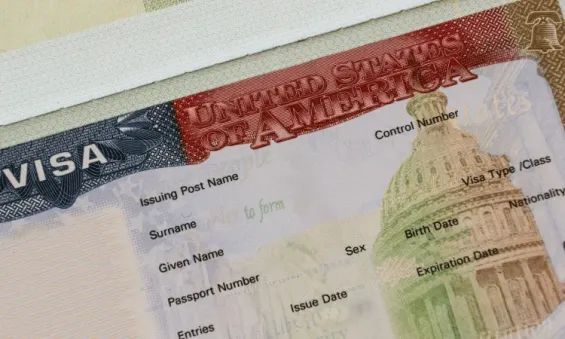The United States has long been a magnet for global talent. But that may be changing. A recent move to pause foreign student visas is drawing harsh criticism from experts, with one Columbia University professor calling it “incredibly damaging” for the nation’s future.
This decision, which affects thousands of international students aiming to study in U.S. universities, has raised serious concerns about the broader impact on the economy, academic institutions, and the country’s global standing.
Why the Pause on Foreign Student Visas?
The government’s official line cites national security and immigration policy reviews. However, the move has taken many by surprise, especially at a time when higher education institutions are still recovering from pandemic-era enrollment dips.
International students are not just learners—they’re investors, contributors, and future innovators. The pause on foreign student visas threatens to interrupt this pipeline.
Columbia Professor’s Take
Dr. Nina Marks, a senior professor of international policy at Columbia, didn’t mince words:
“It’s incredibly damaging, not just to the institutions but to the United States as a whole. These students bring ideas, ambition, and money. Turning them away is shortsighted.”
Marks and other academics point to how international students support not just universities but local economies. From housing and food to research and innovation, their contributions are tangible.
Economic Consequences
In 2023 alone, international students contributed nearly $40 billion to the U.S. economy. Colleges, particularly public institutions, rely heavily on the higher tuition rates these students pay.
Pausing foreign student visas could result in:
- Reduced funding for research programs
- Layoffs in university towns
- Decline in STEM innovation pipelines
Impact on US Global Competitiveness
The United States has long positioned itself as a global leader in higher education. This decision risks pushing top international talent toward countries like Canada, the UK, and Australia—places that are actively welcoming foreign students.
“Other countries are more than willing to take the students we turn away,” Marks added.
Long-Term Fallout
While this may seem like a temporary policy decision, the reputational damage could last much longer. Students and families often plan years ahead. A message that the U.S. is unpredictable or unwelcoming could discourage future generations.
What Comes Next?
Universities are urging the government to reconsider. Legal challenges are likely, and institutions are exploring ways to mitigate the impact. But the longer the visa pause continues, the more difficult it will be to regain lost trust.
The United States has built much of its academic prestige on openness and opportunity. A pause on foreign student visas threatens to erode that foundation. For many, including leaders at top institutions like Columbia, the message is clear: the cost of this decision may far outweigh any perceived benefit.



